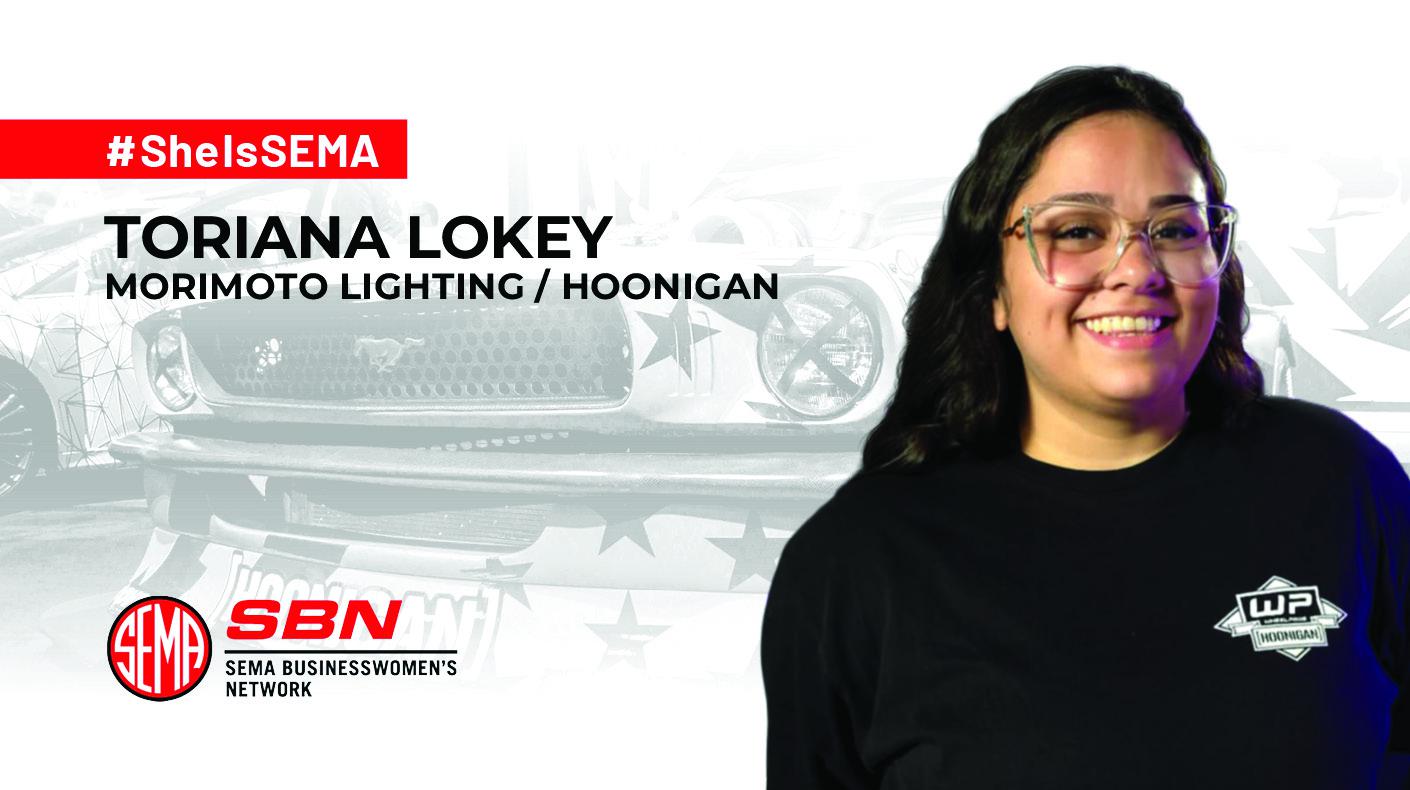
SUVs or trucks that obtain less than 18 mpg are targets for the federal government's Accelerated Retirement of Inefficient Vehicles Act.
SEMA has mobilized its members and auto enthusiasts across the nation in a final push to derail talks on Capitol Hill to include a Cash for Clunkers program in the Senate economic stimulus bill. A vote is expected during the first week of February. The federal government would spend up to $8 billion primarily buying rarely driven second or third vehicles with lower fuel-economy ratings in an effort to stimulate new-car sales.
Target vehicles include Chevy Silverados, Dodge Dakotas, Ford F-Series, Jeep Cherokees and any other SUV or truck that obtains less than 18 mpg.
Click here to oppose the legislation.
SEMA has launched the largest grassroots effort in its history, activating nearly 7,500 SEMA members and tens of thousands of SEMA Action Network (SAN) members. The SAN is a nationwide partnership of car clubs and individual enthusiasts who work together to impact legislation that affects car and truck fans of all kinds.
Through the SAN, SEMA has a direct outreach to nearly 3 million individuals and another 36 million through consumer publications and websites. Vehicle enthusiasts are overwhelmingly opposed to legislation that results in crushing cars.
The so-called “Accelerated Retirement of Inefficient Vehicles Act” is Cash for Clunkers with a twist. Instead of focusing exclusively on old cars based on vehicle emissions, the bill would target any vehicle with lower fuel-economy ratings. Participants would receive a cash voucher to purchase a more fuel-efficient new car or used car (model year 2004 or later) or receive credit for the purchase of public transportation tickets.
Bill sponsors want to destroy 4 million pickups and SUVs over the next four years.
“Cash for Clunkers is a sounds-good plan that does not work,” said Steve McDonald, SEMA’s vice president of government affairs. “Many states have considered and abandoned the idea since the programs do not cost-effectively address air-quality concerns. Such programs will also fail to improve fuel efficiency or stimulate car sales.”
The national car-crushing program would result in unnecessary government intervention in the private marketplace. Affordable vehicles for lower-income individuals would be forever lost. The cost of replacement parts would increase based on the law of supply and demand.
The ability to transport a family, tow a trailer or rely upon the performance, safety and utility characteristics associated with the larger vehicles would be greatly diminished.
“For our industry, the program would hurt thousands of independent repair shops, auto restorers, customizers and their customers across the country that depend on the used-car market,” said McDonald. “Proponents of the bill don’t take into account the fact that our industry provides thousands of American jobs and generates millions of dollars in local, state and federal tax revenues.”
As currently drafted, lawmakers may also have a difficult time explaining to the American public why the program is targeting vehicles primarily manufactured on the Detroit assembly lines. The premise that existing trucks and SUVs must be scrapped in order to save energy is also irrational.
The program’s carbon footprint does not factor in the energy and natural resources expended in manufacturing the existing car, spent scrapping it and manufacturing a replacement car.
SEMA supports a strong and healthy auto industry, which would include providing a cash voucher or tax credit to help sell new and used cars. SEMA opposes any government incentive to scrap a car.
SEMA will keep its members informed as the Senate considers the scrappage legislation.





